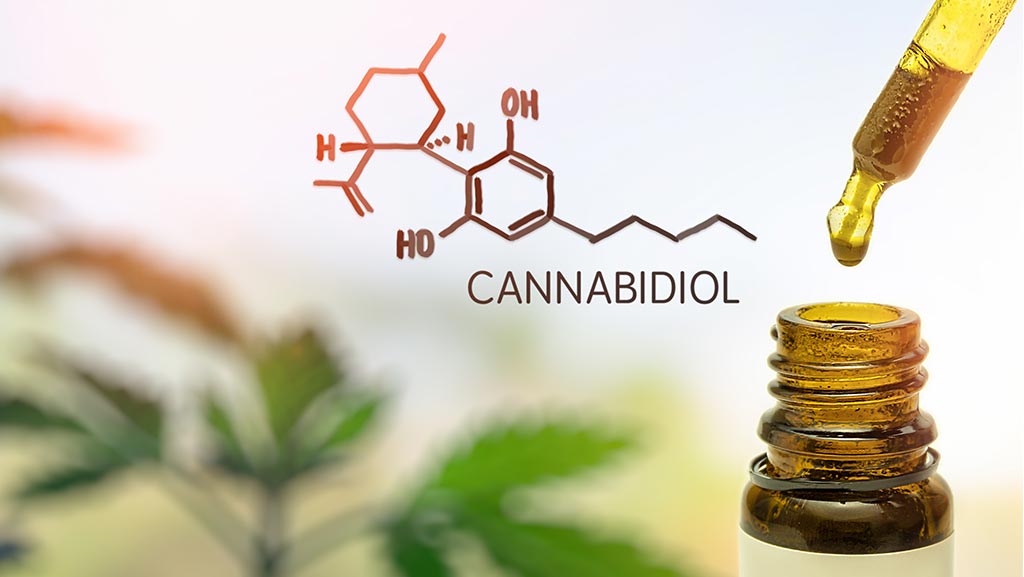Beyond the CB1 Receptor: Is Cannabidiol the Answer for Disorders of Motivation?
Author information
1Department of Anatomy and Neurobiology, University of Maryland School of Medicine, Baltimore, Maryland 21201
2Department of Psychiatry, University of Maryland School of Medicine, Baltimore, Maryland 21201









